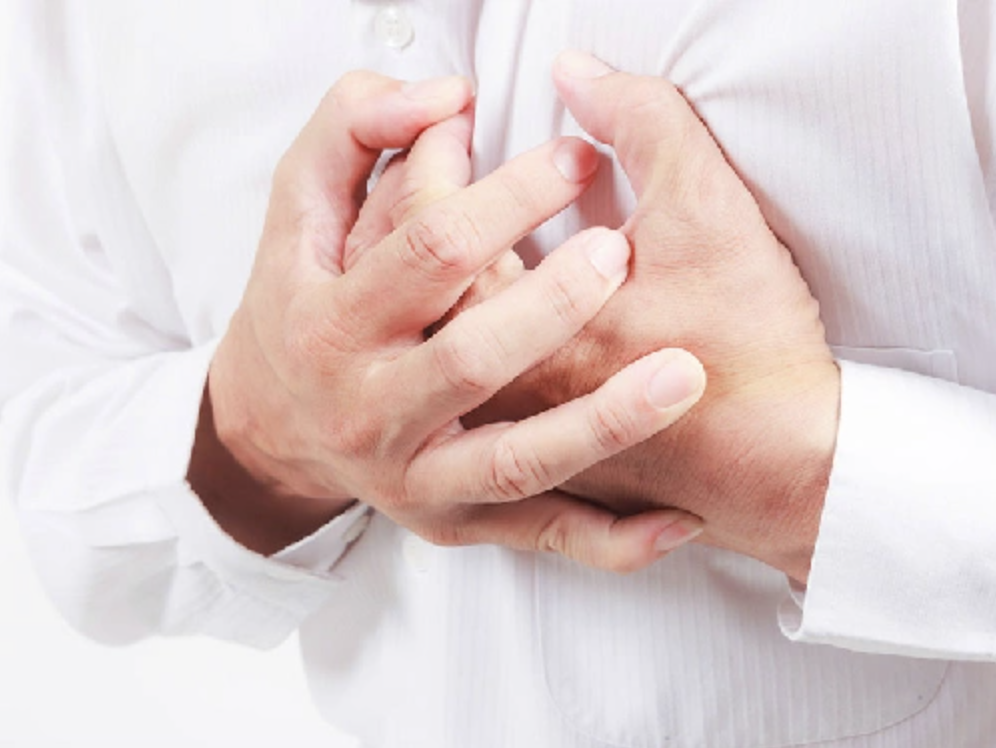High blood pressure occurs when the blood pressure in the arteries is too high, at or above 130/80 mmHg, compared to the normal level below 120/80 mmHg. While blood pressure fluctuates with daily activities, consistently high readings are a warning sign. This can damage arteries, leading to heart attacks, strokes, and other serious complications. Early detection is key to maintaining a healthy life, according to experts.
Nicknamed the "silent killer" due to its often subtle symptoms, high blood pressure is easily overlooked. Doctor Evan Levine, a cardiologist with over 30 years of experience, highlighted 6 signs to watch out for:
Headaches: "It can be all over your head or in the back of your head," he shared in a video on Instagram.
Blurred vision: This common symptom is often mistaken for less serious issues.
Shortness of breath: Gasping for air while walking is a warning sign, especially if it occurs even while resting, according to Doctor Levine.
Chest pain: Doctor Levine described it as "similar to angina, a feeling that your heart is overworking when you walk."
 |
Chest pain can be a sign of high blood pressure. Photo: ericksontribune |
Chest pain can be a sign of high blood pressure. Photo: ericksontribune
Nosebleeds: "Some people get nosebleeds, although not everyone believes this is a sign," he noted.
Foamy urine: Doctor Levine explained that "due to protein spilling into the urine, you might notice foamy urine."
High blood pressure is dangerous because it often has no symptoms. "The most common symptom is…nothing, which is why it's called the silent killer," he said.
For early detection, Doctor Levine recommends checking blood pressure at least annually. "If you can't get to a doctor, buy a blood pressure monitor, watch a tutorial on YouTube, and share it with your family and friends," he advised, adding that a lack of monitoring can lead to heart failure, stroke, or heart attack.
My Y (Times of India)












